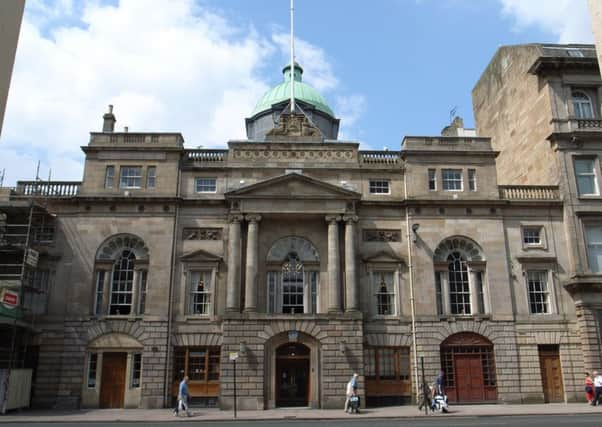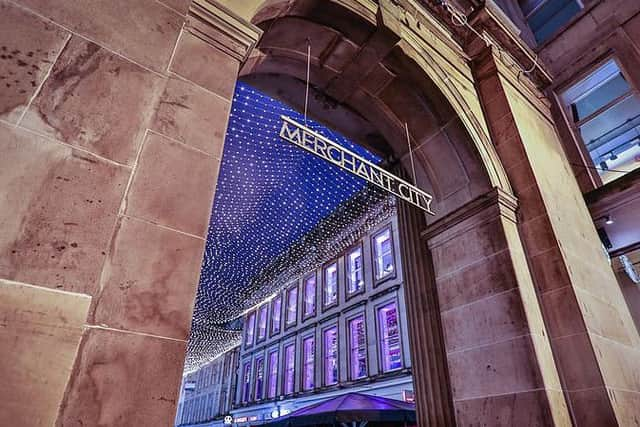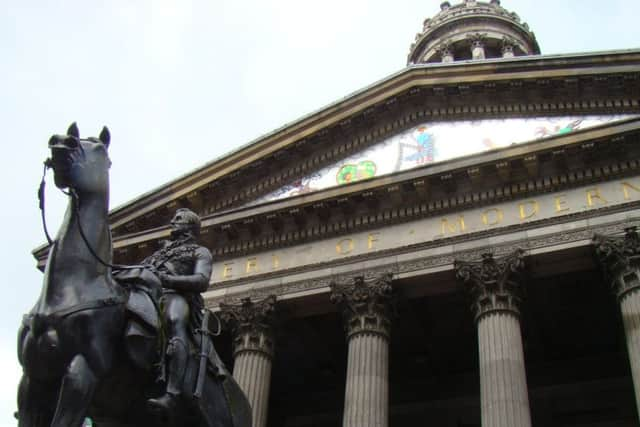Should Glasgow's 'slavery streets' be renamed?


Bailie Dr Nina Baker has called for a “symbolic renaming of selected streets” to coincide with Anti-Slavery Day in October.
Several streets, mainly in the Merchant City area, are named after the 18th Century Tobacco Lords who used their vast wealth made from slave-grown produce in the tobacco plantations of the US and West Indies to buy up land in Glasgow during the mid to late 1700s.


Advertisement
Hide AdAdvertisement
Hide AdMerchants who had streets named after them include Andrew Buchanan, John Glassford, Archibald Ingram and James Dunlop.
Virginia, Jamaica, Tobago and Antigua streets recall the locations of their estates and their western trading partners.
Dr Baker, a Green Party councillor, said she had been inspired by a move in Spain to rename streets named after figures from Franco’s fascist regime.
She said: “Most of the streets in the Merchant City are named after the Tobacco Lords who made their money on the backs of slavery.


“I think people are now reasonably aware of the story but I don’t think people walking down these roads will realise the streets are named after these people.
“In France, you will see signs under street names telling you who they were named after. In this country, you generally have no idea because of the way the traditional streets signs have been designed.”
She said street names could be temporarily renamed after key figures in the Glasgow abolitionist movement as well as women such as Mary Barbour, a councillor and campaigner who led the rent strike of 1915.


Advertisement
Hide AdAdvertisement
Hide AdDr Baker, in a motion to be put forward to Full Council last week, said: “Many of our best known streets bear the names of the wealthy slave owners from Glasgow’s past and that, whilst these serve to remind us to strive to avoid past horrors, there are few streets named to recognise those who campaigned against
them and even fewer streets named to honour the achievements of women in the city.
Dr Baker, whose motion was not heard due to time contraints, called for the council “to implement a symbolic renaming of selected streets, to honour important women from Glasgow’s past and Glasgwegians who campaigned for the abolition of slavery for Anti- Slavery Day 2017 and also to review its policy on the naming of streets.”
The ‘Tobacco Lords’ created vast wealth from slave-grown produce with the merchants quickly monopolising the trade.


John Glassford owned plantations and 21 tobacco stores in Virginia and Maryland and ran a fleet of ships to move the product, for example.
It has been reported that 47 million pounds of tobacco leaf passed through Glasgow every year, with the city overtaking London as its chief importer, with the bulk then being reshipped to the rest of Europe.
The Merchant City is dominated by the wealth of the Tobacco Lords. The Gallery of Modern Art, on the western edge of the district, was the family home built for William Cunninghame whose family’s estate in Jamaica reportedly held some 300 slaves.
Advertisement
Hide AdAdvertisement
Hide AdAround 30 ships which left Glasgow during the 1700s were involved directly in slave voyages, it is understood. The figure rises to 5,000 for those ships leaving Liverpool.
